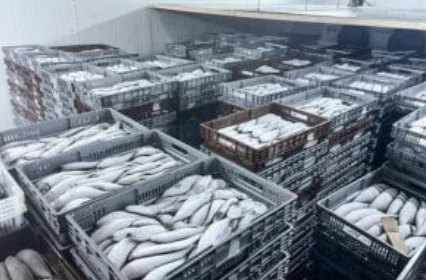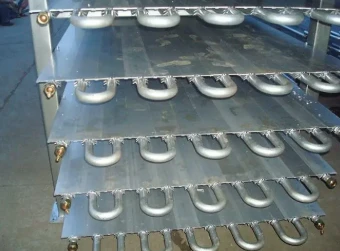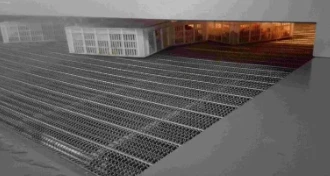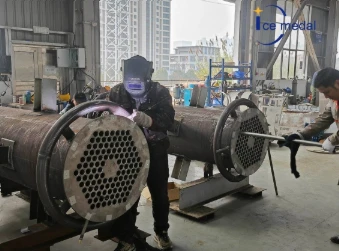Exploring the Efficiency of Chiller Condensers in Modern HVAC Systems
The Importance of Chiller Condensers in HVAC Systems
Chiller condensers play a crucial role in the functioning of Heating, Ventilation, and Air Conditioning (HVAC) systems, especially in commercial and industrial settings. These devices are essential for dissipating heat absorbed by refrigerants, thus enabling the cooling process to be efficient and effective.
At its core, a chiller condenser works by transferring heat from the refrigerant to the surrounding environment. As the refrigerant circulates through the system, it absorbs heat from the designated space, turning from a low-pressure gas into a high-pressure gas. This gas then flows into the condenser, where it is cooled and condensed back into a liquid state. This transformation is vital for continuing the refrigeration cycle, making condensers an indispensable component of the cooling process.
There are several types of condenser designs, with air-cooled and water-cooled condensers being the most common. Air-cooled condensers utilize ambient air to remove heat, making them suitable for smaller systems or locations where water is scarce. On the other hand, water-cooled condensers use a continuous supply of water to facilitate heat exchange and are typically found in larger facilities due to their efficiency in heat removal.
chiller condenser

One of the main advantages of modern chiller condensers is their improved energy efficiency
. With advancements in technology, many condensers now feature variable-speed fans and automated controls that optimize their operation based on real-time conditions. This not only reduces energy consumption but also extends the lifespan of the equipment.Regular maintenance of chiller condensers is essential to ensure optimal performance. Over time, debris and buildup can obstruct airflow or heat exchange, leading to decreased efficiency and potential system failures. Routine cleaning, inspections, and servicing can help prevent such issues and maintain the efficiency and reliability of the HVAC system.
In conclusion, chiller condensers are integral to the cooling processes in HVAC systems, impacting both energy efficiency and operational effectiveness. Their design and proper maintenance are vital for sustaining optimal performance in any facility. As industries continue to focus on energy consumption and environmental impact, understanding and implementing advanced chiller condenser technology will be pivotal in shaping the future of HVAC solutions.
-
Walk in Cooler Sliding Door Anti-Frost Seal DesignNewsAug.28,2025
-
Shelf Freezer Stainless Steel Plate Corrosion Resistance TestingNewsAug.28,2025
-
Quick Freezer Stainless Steel Belt Easy-Cleaning MechanismNewsAug.28,2025
-
Flake Ice Maker for Sale Hygienic Food-Grade Material CertificationNewsAug.28,2025
-
Cold Storage for Fruits and Vegetables Air Circulation OptimizationNewsAug.28,2025
-
Blast Chiller Airflow Design for Even Cooling DistributionNewsAug.28,2025






